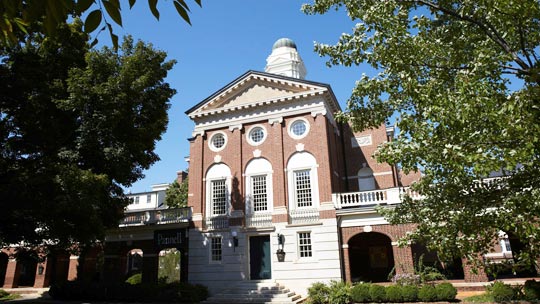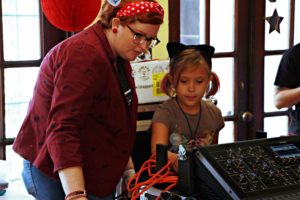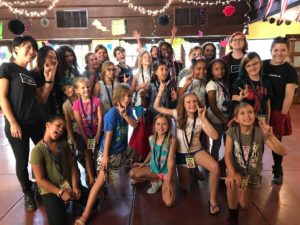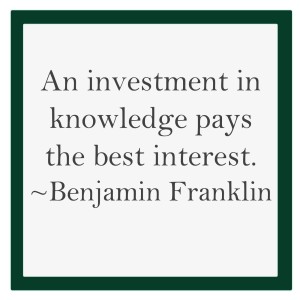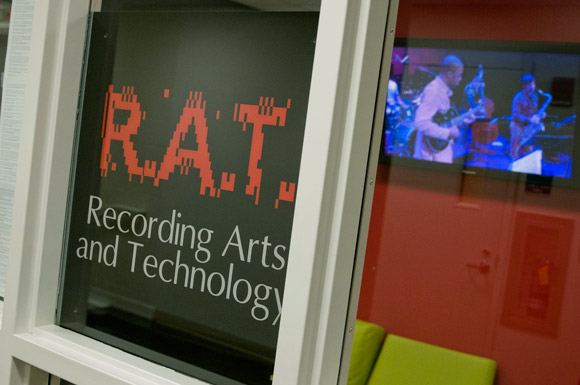
Audio Education – That Doesn’t Break The Bank
I’d love to go back to school for audio, but I owe a lot of money to the federal government. Okay fine, it’s student loan debt. For a long time, I felt like that huge and haunting sum meant that I could never pursue an education beyond the degrees I already hold. Debt, lack of funds, an overabundance of responsibilities: they all present very real barriers for many of us wishing to acquire new skills. But we can access the internet. And thanks to some incredible free and low-cost organizations that exist to empower women/gender non-conforming folks and allies in the recording industry, I have been learning to competently record and mix music for myself and others, no FAFSA needed.
Women-led organizations
Women’s Audio Mission
Women’s Audio Mission (WAM) was the first resource I encountered when I began looking to grow my skills in audio, and it remains dear to me. A nonprofit based in San Francisco/Oakland founded by Terri Winston, WAM offers courses, internships, an afterschool program called “Girls on the Mic,” recording/mixing/mastering services at their women-owned and run studio, and more. I’ve studied all of their on-demand online curriculum, from the science-based SoundChannel content to their YouTube channel WAM Everywhere. Most of the gear that I own I’ve purchased upon their recommendation. The virtual and in-person conferences I’ve attended have introduced me to new perspectives and, in some cases, new-to-me creative fields within audio. Perhaps more importantly, they’ve introduced me to others with similar goals who have become both friends and collaborators since. There is a small annual fee associated with membership, but it’s more akin to the cost of a t-shirt than a textbook, and the perks more than justify the expense.
Omni Sound Project
After having taken classes through WAM, Lisa Machac became inspired to form a community for women+ in Austin, TX, where she lives, and Omni Sound Project was born. The pandemic brought that effort to the virtual sphere, and they now host online one-hour Intro Courses as well as three-hour Workshops. They also offer Signal Gain, a week-long event held in November consisting of panel discussions and other learning opportunities. Omni Sound Project’s classes and events are either no cost or inexpensive, and membership itself is free. Additionally, course attendance may even bring you into possession of a fine piece of equipment courtesy of an Omni sponsor — I myself have been the recipient of a Lauten LA-220 microphone, which I treasure. The real gift at Omni, though, is the highly approachable and experienced faculty. I’m proud to say that one core faculty member, Jam Phelps, has both mixed songs for me and mentored me as I’ve been learning to mix on my own.
Mix Like a Girl
Other than Jam, I have found an excellent mix mentor in Mix Like a Girl founder Caridad Espinosa. During periodic and affordable hour-long sessions with Caridad, I have learned what to listen for in a mix and how to improve the quality of my own recordings through her honest, specific feedback. In addition to private lessons, Mix Like a Girl has offered group courses, including their Summer Boot Camp, Vocal Production Course, and The Art of Film Scoring and Post. They are currently working on a comprehensive guide, created entirely by women, that will explain recording, mixing, beat making, and mastering in beginner-friendly terms.
SoundGirls
It would be ridiculous to write a blog about affordable education in audio in which I don’t mention the very organization I’m blogging for: SoundGirls, co-founded by Karrie Keyes and Michelle Sabolchick Pettinato! You need only click around a bit to see what an amazing resource SoundGirls is, from its newsletter to its virtual conference to articles my fellow bloggers contribute to this website. Really, that just scratches the surface of what it offers. There is so much more. And if you’re reading this but hesitating to commit to membership, there’s no need — it’s free!
Editors Note – Michelle Sabolchick Pettinatio has developed an online course Mixing Music Live and SoundGirls members received 50% off, email us for a discount code. soundgirls@soundgirls.org
This is by no means a comprehensive list, but it’s a worthy start. At the very least, it’s a bit of direction in the rudderless realm of the internet. At best you’ll embark upon a path, follow it with ever-increasing satisfaction, and look back to see that each step has brought you where you’ve always wanted to go: into mastery and the arms of an affirming audio community. And with far less debt.
You can find more options for audio education here

